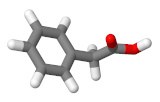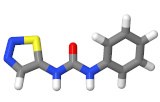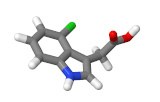Moravek
 |
||
Solutions offered by Moravek include
Website : www.moravek.com
| ||

Plant Growth Regulators
Plant Growth Regulators are defined as small, simple chemicals produced naturally by plants to regulate their growth and development. Plant growth regulators (PGR s) are molecules that influence the development of plants and are generally active at very low concentrations. There are natural regulators, which are produced by the plant itself, and also synthetic regulators; those found naturally in plants are called phytohormones or plant hormones.
Plant Growth Regulators can be of a diverse chemical composition such as gases (ethylene), terpenes (gibberellic acid) or carotenoid derivates (abscisic acid). Different hormones can be sorted into different classes, depending on their chemical structures. Within each class of hormone the exact structures vary, but they have similar physiological effects. Initial research into plant hormones identified five major classes: abscisic acid, auxin, cytokinins, ethylene and gibberellins. Based on their action, they are broadly classified as follows:
- Plant Growth Promoters – They promote cell division, cell enlargement, flowering, fruiting and seed formation. Examples are auxins, gibberellins and cytokinins.
- Plant Growth Inhibitors – These chemicals inhibit growth and promote dormancy and abscission in plants. An example is an abscisic acid.




